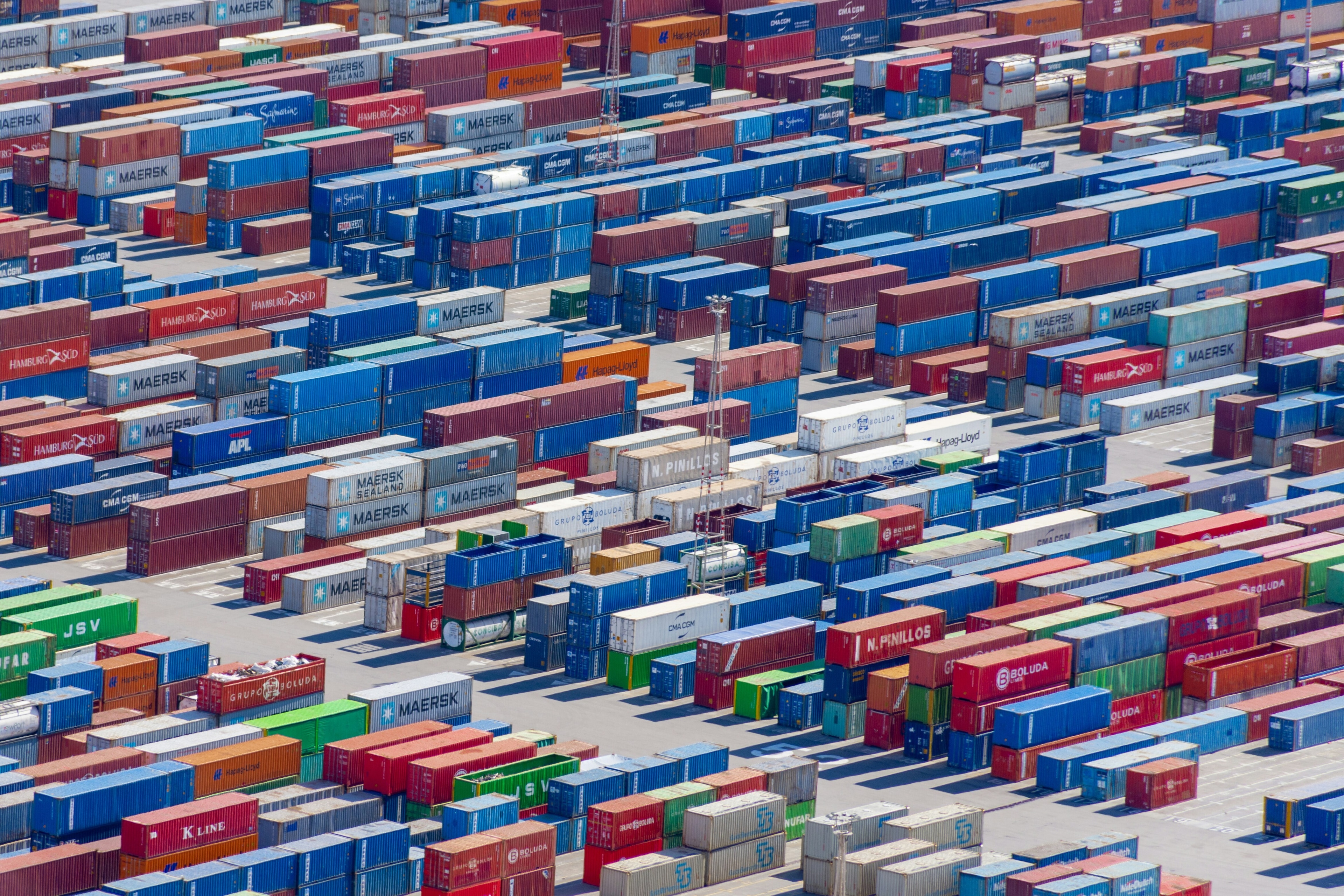How to decongest and depollute the world’s mega cities

This post first appeared on The World Bank’s Transport for Development Blog.
As Beijing is issuing its first-ever red alert due to record levels of air pollution, it is time for us to reflect on how we can propose cleaner urban transport solutions to large cities in the developing world.
The transport sector accounts for 23 percent of energy-related global CO2 emissions, second behind electricity and heat generation. Moreover, transport-related emissions are set to rise from 23 percent to up to 33 percent by 2050.
In Beijing, banning half of the car off the streets (except electric and hybrid vehicles) is one of the most radical measures that the authorities have taken to fight what some observers have called airpocalypse. To compensate, 200 additional buses have been added to the cities’ public transport system. Schools have also been closed and outdoor construction works have been forced to stop. The social and economic costs of airpocalypse are enormous. With particulates levels more than 10 times the recommended levels, there are serious health consequences for Beijing’s 20 million inhabitants.
As urbanization continues all over the world, many mega-cities are desperately looking for credible solutions to improve urban transport systems and reduce traffic congestion. Sophisticated but expensive systems like underground subways are economically out-of-reach for many large cities in the developing world. The good news is that there are some excellent alternatives that the World Bank Group and other international partners have been promoting.
One of these alternatives is the so-called Bus Rapid Transit (BRT) system. Invented in Latin America and since then spread all over the world, BRTs have a particular relevance for fiscally-constrained, developing nations because of their relatively modest cost but also their dramatic benefits in terms of urban mobility and air pollution reduction.
In addition to these social benefits, the BRT project has reduced CO2 emissions by 13 percent and GHG emissions by 20 percent. Wait time has been reduced from 45 to 10 minutes, reducing the exposure of passengers to pollution and leading to health benefits through reduced respiratory diseases.
With the momentum created by the COP21 climate negotiations in Paris, it is time for us to give even more visibility to successful and cost-effective projects such as the Lagos BRT program. In Dakar, Marrakech, Beirut but also in Cairo and other large cities all over the world, World Bank Group staff have an exciting agenda ahead to replicate the great stories of Bogota, Curitiba and Lagos.
Publication does not imply endorsement of views by the World Economic Forum.
To keep up with the Agenda subscribe to our weekly newsletter.
Author: Nicolas Peltier-Thiberge is a Practice Manager for Transport covering the Middle East and North Africa region as well as West Africa.
Image: Cars are stuck in a traffic jam. REUTERS/Amr Abdallah Dalsh.
Don't miss any update on this topic
Create a free account and access your personalized content collection with our latest publications and analyses.
License and Republishing
World Economic Forum articles may be republished in accordance with the Creative Commons Attribution-NonCommercial-NoDerivatives 4.0 International Public License, and in accordance with our Terms of Use.
The views expressed in this article are those of the author alone and not the World Economic Forum.
Stay up to date:
Future of the Environment
Forum Stories newsletter
Bringing you weekly curated insights and analysis on the global issues that matter.
More on Supply Chains and TransportationSee all
Isabel Cane and Rob Strayer
November 13, 2025






